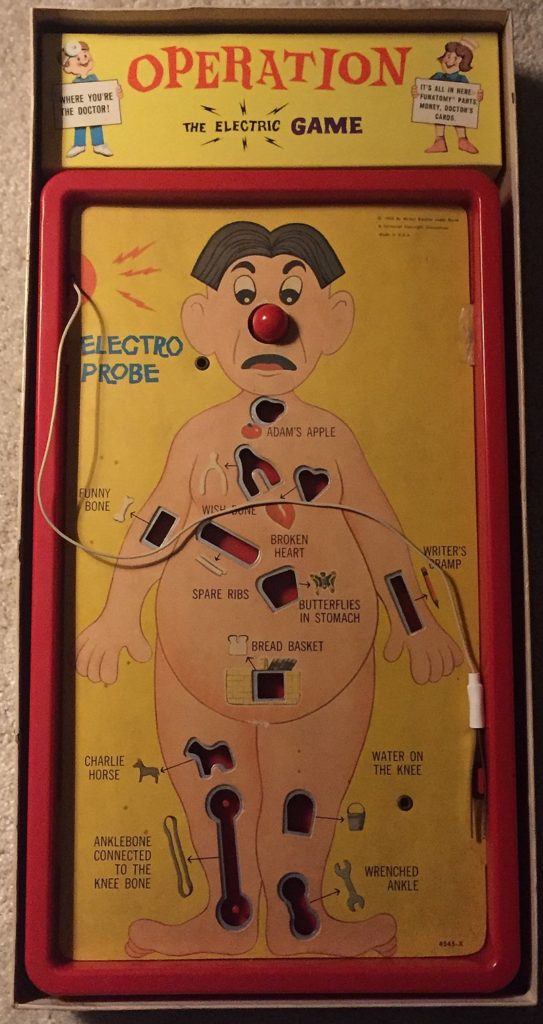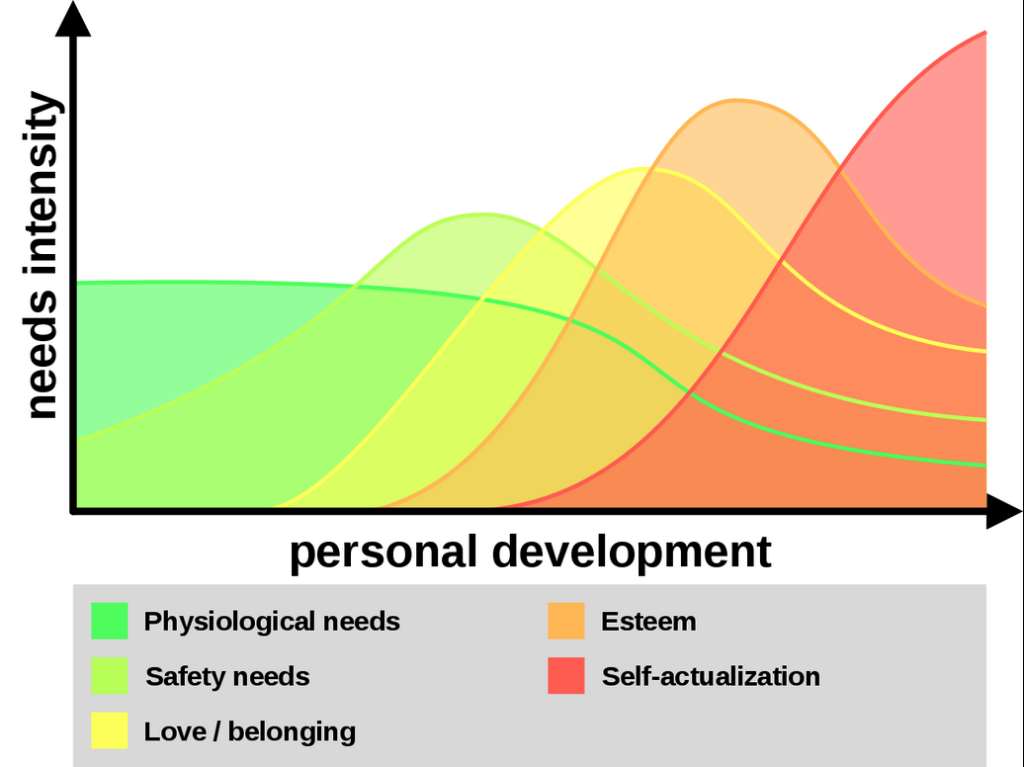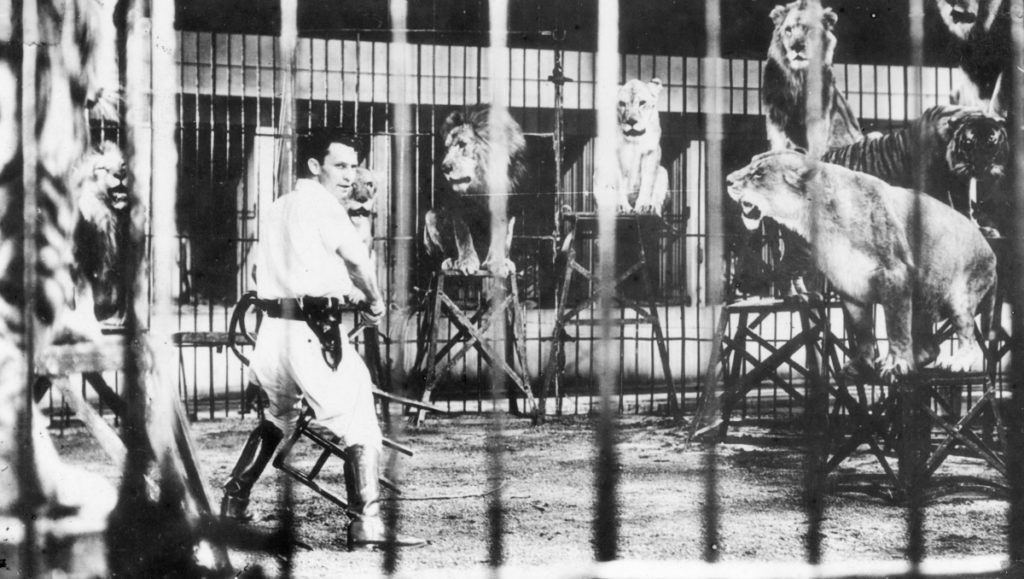“In the end, it’s not the years in your life that count, it’s the life in your years.”
Abraham Lincoln
Serendipity is an interesting phenomenon–as is Synchronicity. Both are tools I’ve used to create explanations for the unique events in my life. Today is the day that I bring together a lot of ideas I’ve had in the past about God, about the “super-conscious mind”, intuition, and simple ideas that come to me when I’m out and about in the world. As creators, we are looking for ways to double our brainpower, to increase our creative capacity, to unlock our creative genius–didn’t Einstien say something about genius in all of us? Actually, he didn’t. Let’s not get too far from the task here, creativity is simply a way of making improvements.
“Everyone is a genius. But if you judge a fish by its ability to climb a tree, it will live its whole life believing that it is stupid.”
Not written or said by Einstien
A “genius” is someone who trusts and believes in the values of their insights. We do not. We believe this because it comes from us, and haha, we aren’t geniuses right? [WRONG]
Let’s add genius to the pile of words I’m thinking about when I think about what so many people who we think of as genius did just that. They trusted their insights and expressed them with creativity.
In the last seven days, I’ve been reading the book, Deep Work, by Cal Newport. I’ve listened to a Master Class by Joyce Carol Oates on short stories, I’ve spoken with a Mormon Bishop about religion and God, I’ve listened to my productivity coach about removing distractions. I’ve chatted with a chemist working for a large international company about making small improvements to large product lines. Between all of this, I could hear one idea–one major theme to all of these discussions and instructions, and it keeps coming up–as it did during 4am-8am this morning.
We have to quiet our minds and listen to that voice gives us insight. Creativity doesn’t come from inspiration or perspiration–it comes from preparation.
When we engage our creativity like a muscle and understand how it works, that creativity inside of us is amplified, and we can reach far beyond our own experiences and our knowledge.
Did you ever have an idea come to you about how to do something better than it’s being done now, completely out of your area of expertise? Then, days, months, or years later, you come across a product that you invented all those years back? I used to think it was we were deeply in-tune with the consumer market–so we’d get glimmers of insight and see ideas that others were thinking. I don’t believe that anymore–I know it’s me tapping into my creativity. Large companies use the creativity of small companies and people to make improvements and innovations, and most importantly–to make them scalable and bring them to market. They make millions off of the little ideas that come to us when we are “tapped in.”
Where do these thoughts, and specifically creativity come from then?
The psychiatrist, Richard Bucke, wrote a book called, “Cosmic Consciousness”, where he believed we could tap into a higher form of consciousness. This isn’t a new idea, and while I struggle to find the exact reference, I recall reading a book called “The Mind Map Book” by Tony Buzan, where he asks his readers to remember the answer when have a problem we are trying to solve, rather than trying to figure it out from scratch. He wrote that if we try to remember the answers to our toughest problems, we engage a part of our mind that is tapped into the universal “maker mind” that is connected to all the intelligence in the past. Ralph Waldo Emerson believed we were all a part of a universal ether of creativity that was flowing all around us.
There is a great deal that we can learn by listening to ourselves, and more importantly, putting ourselves in positions where we can think about things deeply, catalog our ideas, and emerge with real insight and wisdom because of that work. It’s energy flying around us in the atmosphere, our thoughts are energy–BOOM–think about that a little.
Look at many of the great authors like Walt Whitman, Henry David Thoreau, John Milton, Emily Dickenson, and you’ll find stories of individuals who knew how to isolate themselves and their minds to produce poetry, stories, and written memories that have captivated and instructed millions of people after they went “deep.” The Hungarian psychologist, Mihály Csíkszentmihályi, came up with the flow theory in psychology in 1975, but people were getting into “flow” way before that time, and are continually doing it today. These people understood that going deep, removing distractions, and above all, believing in the value and validity of their insights.
Mozart composed his music by hearing, imagining, seeing, entire orchestras of instruments–he could focus his mind on each note, and would write his music, note perfect from the beginning. Beethoven also attested to being able to hear the entire piece of music and would simply transcribe the music, note for note, but only after he became completely deaf–he introduced sounds at frequencies he couldn’t hear or write when he was younger and could hear.
Mr. Michael Faraday, inventor of benzene, electrolysis, and electromagnetic induction, did not come from an educated family or background, his father was a blacksmith. His ability to tap into a super-conscious is clear–without any formal education he was able to create the first electric generator and was able to come up with complicated chemical formulas–just by thinking about them and in some cases, dreaming about them. My fellow scientists know Michael Faraday is the father of electricity and in 1991, the Queen of England decided that he should be honored amongst the other great Britons. The Bank of England and put his face on the £20 bill, just like other famous British citizens like Shakespeare, Newton, and Florence Nightengale.
Creativity is our natural birthright. You are truly a creative genius. We can access this through a number of ways, and since I love lists, let’s do that.
Dan’s 3 Methods for Engaging Creativity
- Divergent Thinking. Children are the best divergent thinkers, they are also incredibly creative. They are tapped in all the time. It makes me think of the kid who saw a truck stuck under an overpass. A large truck had tried to get under an overpass only to find out that it was too tall, too late. The truck got jammed. This of course caused a huge traffic jam. Other trucks were called in to pull the truck out, and couldn’t–it was a mess. Finally, a small child stuck in the traffic jam with her family stepped out of her car and looked at the scene. She then asked a nearby policeman, “why don’t you let air out of the tires of that truck?”, the policeman looked around, walked over, and minutes later that’s exactly what they did. We all have the ability to do this, we just have to look at the challenge in front of us differently sometimes to see the solution. Why can’t we just let some air out sometimes? We can.
- Deep Work–Concentration. We can also do what the authors that build writing cabins do. We can isolate ourselves like monks, and hide from emails, calls, texts. I’m doing that right now! But we can engage our creativity by blocking off large amounts of time to complete a task–and doing it. My mentor calls these 90 minute blocks, “Jam Sessions.” His formula is simple. 90 minutes on, 90 minutes off… Rinse and Repeat.
- The Systematic Approach. I like to solve problems with creativity–systematically. Using a system helps me reduce tension and the stress of coming up with a solution. When we are doing creative work, being relaxed is critical. Being relaxed first helps positivity come in: that’s when I can look for the good in a problem or issue, the funny part, the lesson I’m learning in the challenge I’m facing. Then I can apply a system. The three systems that I’ve identified are:
- Focused Questions. By asking myself, “What are you trying to do?”, “How are you trying to do it?”, “What are your assumptions?”, “What would be the opposite of what I’m doing?” Using questions to get to answers is one of the best systems for uncovering the ideas we need to solve problems. Zero-based thinking forces us to question our assumptions, and to test our ideas with how we’d do it differently. Come up with a series of questions and answer those questions–again, listening to yourself and finding the answers within.
- Identify intensely desired goals with clarity. Imagine if you had access to the most powerful computer, with the most intelligent team of programmers. Anything you could think of, they could create a program to do that thing. The only challenge here is that you clearly define what it is you want them to make. If you can’t do that, it doesn’t matter how much power you have at your disposal. If you’re stuck in a place like this, add clarity to your problem by putting it to yourself in a form of a question. Write out the answer to this question: “What am I trying to achieve, avoid, or preserve?” Then write 19 more of them. Take a step back, and look over the twenty questions. Brian Tracy calls this, “Mind-Storming.”
- Times of intense pressure to produce. There are also times that creative thinking can be engaged during extreme stress or unusual circumstances. We can also put ourselves under these conditions by adding tough deadlines, or by creating goals that are “do or die.”
Tap into the Creative Genius in All of Us
As long as there are unmet needs that people have, or, human problems that are unsolved–there will always be an opportunity for us to innovate and improve. We just have to decide to identify it and engage it with our creativity.
Creativity begins with us, it’s us looking to continually make things better, faster, cheaper, more useful–it’s the never ending drive to improve things. When we are prepared, creativity favors us–we can tap in. I’m always looking for ways to make my life and other people’s lives better, I’m continually looking for ways to give them what they want. When I fail, I see it as a lesson now in a bigger picture; I cherish my mistakes and try to squeeze every bit of insight out of it. My mistakes are my lessons.
You are a genius when you trust your intuition and give full attention to that “inner voice.”
Have a great day all! I love you! Be creative!
Featured




